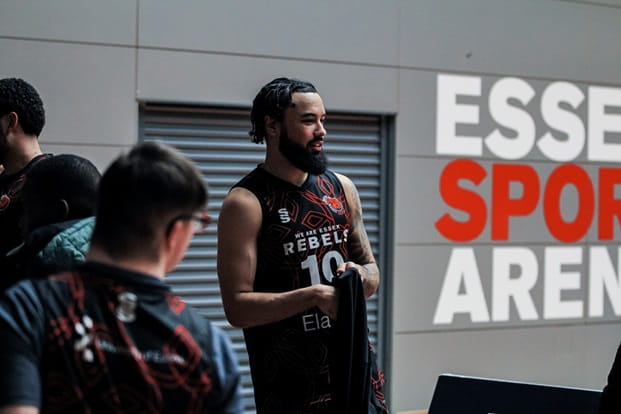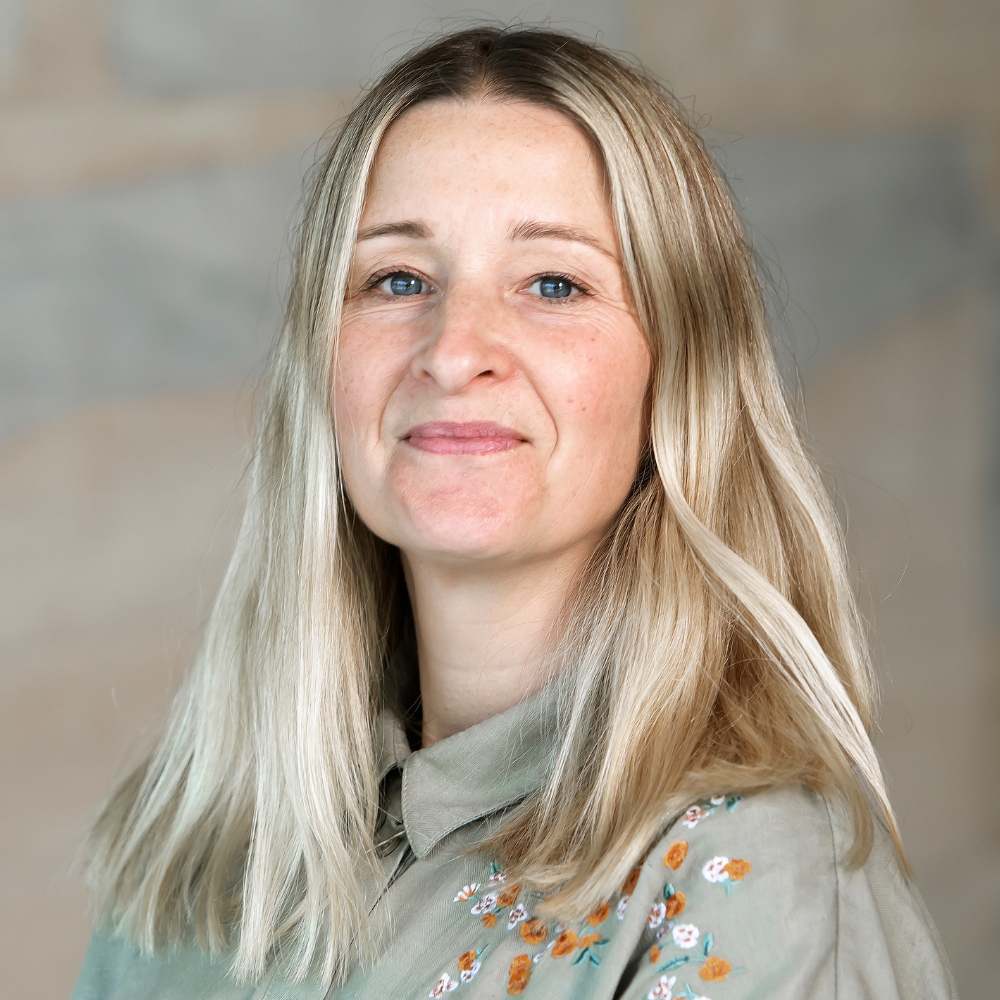Sports scholar Kyron encountered a routine scrimmage that turned into a season-ending setback. Despite facing the reality of recovery and emotional struggles through rehab, he embraced the journey and rebuilt his strength with the support of those around him. His patience and persistence has seen him make a welcome return to the team and on the court.
Introducing... Kyron Martin

"My name is Kyron Martin, I am a student-athlete here at the University of Essex and play basketball for the Men's 1st team in BUCS and the Men's NBL Division 1 team, Essex Rebels.
One week after our season had ended, I broke my foot at a basketball scrimmage. Initially, when it happened, I thought it was just a sprain but after an MRI, I was told that I had what is called a Lisfranc fracture. I had damaged a lot of ligaments in my midfoot and had broken bones."
Facing recovery
"I immediately contacted my physio about what happened and my only question was “When can I play again?”. This injury happened mid-April and I spoke on the phone to my physio, and he said “Best case scenario you will be able to play again in January.” When I heard this, my heart sank. In all my years of playing basketball, I have never suffered an injury that kept me out for a long time. A Lisfranc fracture is a 1 in 60,000 injury.
I had my first surgery May 3rd, 2024. This was the first surgery I have ever had in my life. I had a lot of friends and family who have gone through the process of having surgeries and they tried everything to help get me through the tough period I was going through. Suffering a major injury can be life-altering. I was bed-bound for three months, there were so many things that I would normally be able to do that I couldn’t anymore, the most obvious thing, was not being able to walk."
Power of support
"Six months after my first surgery I am only just being able to walk. Things like cooking for myself and standing up in the shower became impossible for a few months. This took a toll on my mental health because I had never been in a position where I was so dependent on people for help. My mum was such a major help last summer, doing everything for me that I couldn’t, and I am so thankful for her.
Injuries force you to slow down when all you want is to return to normal. The slow progress and limitations in your daily life can be frustrating, especially when the body doesn’t heal as fast as you’d like. You might feel anger or impatience toward the situation, which can fuel emotional distress. At some stages I had a decrease in motivation to try and get back to playing, every two weeks I had to go back to the hospital to get check-ups on my foot and my progress.
I am blessed to have a great support system around me family, friends, and teammates. They kept me motivated and focused on not being down on myself for what happened but embracing what happened and overcoming it. I faced many obstacles over the summer, missing out on things like social functions, hanging out with friends, working out, and playing basketball, but the support I had around me kept me motivated and focused to do everything I could to get back."
Small steps, big progress
"At the beginning of September, I had my second surgery to remove the metalwork inside my foot. I dealt with this surgery a lot better than the first because I knew what to expect and had experience dealing with the aftereffects. October, my surgery stitches were well healed, and rehabilitation for my foot could begin. Not being able to use my leg for 6 months meant rehab was very challenging at first soon progressed, getting stronger each day. My physio had said the best-case scenario was January to get back on court. With everything heading in the right direction I focused on getting healthy again and playing with my team."
Lessons from the journey
"Recovering from a major injury is not just about healing physically - it's about overcoming the emotional and mental hurdles that accompany it. By understanding the full scope of the challenges, you face and employing strategies to manage them, you can take control of your recovery journey. Remember that patience, persistence, and a strong support system are key. Though the path to recovery may be long, with the right approach, you can emerge stronger - both physically and mentally."
Coach Ross Norfolk couldn’t be happier to have Kyron back on his feet and acknowledges his determination and drive to return. “We are excited Kyron is back on court. It has been a long time, but he has been disciplined with his rehab and has worked tirelessly to help get back in shape.”
Discover how our Performance Sport programme at Essex can support your overall development.
Follow our student athlete's journey on Instagram @uniessexperform.
Sport scholarships and bursaries.
We are committed to supporting and developing high performance athletes. Find out whether you could be eligible for a sport scholarship or bursary, plus a range of additional benefits too when you join the University of Essex.





